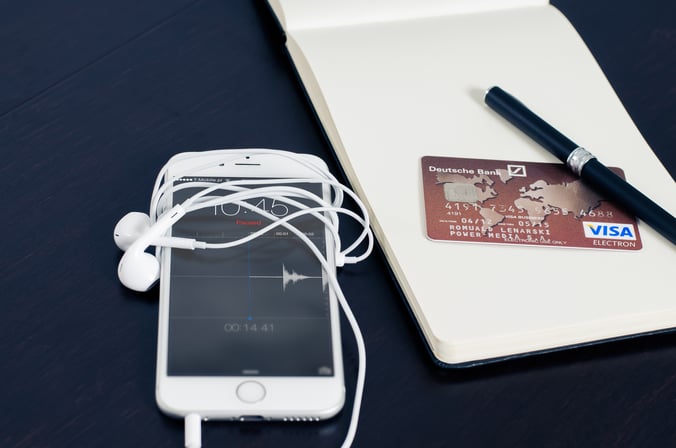
Our culture is all about having it, and having it now—however, that’s an easy way to dig yourself into a large hole. Debt is a part of the American lifestyle. In many ways, it’s not bad, unless you allow it to get out of control. When debt is used wisely, you can improve your financial outlook and get the things you want in a reasonable amount of time. But the question becomes: What are the biggest financial mistakes you can make, and how do you keep your debt from spiraling out of control and having it affect your credit?
Mistakes to Avoid to Keep from Going Further into Debt
There are a few things to be aware of to prevent a credit-affecting debt disaster. The key is planning, and avoiding things that can make the money you owe add up. They include:
- No Budget. A lack of budget means you have the freedom to spend whatever, whenever. No budget makes it a lot easier to make impulse purchases that lead you straight into debt. Each year, create a budget to delegate where your money goes. Rework it anytime you have a major financial change in your life, and check it weekly to make sure you are sticking with it. Technology offers easy ways to stay on top of your money. Utilize apps that allow you to easily make and stick to a budget.
- No emergency fund. Nothing will put you in debt faster than an emergency, and it can affect your credit in the long run. Whether it’s an unplanned accident (can you say deductible!), a health emergency or loss of a job, you should always have something stashed away to help you cover it. If you are living paycheck to paycheck, there are still ways to build an emergency fund. Follow some simple steps to get your emergency fund started today.
- Using autopay. If you’re someone without a lot of extra cash, autopay can lead you deeper down the debt hole. How? It's simple: by withdrawing automatic payments from your account when you don’t have enough money to cover it. This leads to overdrafts and other penalties that can add up quickly. Autopay also makes it easy to forget what you’re spending on. Instead, set up reminders so you know when it’s time to pay a bill. That way you can make sure you have the money in your account, and you’ll have a better grasp on where your money is going.
- Spending more than you earn. If it’s your pattern to spend more than you make each month, even by just a little, you are digging yourself deeper and deeper into debt. The key is to stop now—before it gets too out of control. Add a debt payoff to your budget and make sure you make more than you spend each month. Hint: If you have multiple credit cards, evaluate them and consider reducing the number. Then, spend wisely by using a credit card correctly.
- Too much luxury spending. In the “I want it now” culture, it’s easy to want the best of everything. However, don’t try to keep up with the neighbors; studies show that debt leads to depression. Why not be happier with less—after all, isn’t it more? To minimize money-spending habits, think about things like giving up cable for an online streaming service, or call you phone company to find out how to reduce your bill. If you have a five-day-a-week latte habit, consider investing in a home espresso maker. Any way you can simplify, reduce and save is the way to go. You’ll find having less stuff and expenses (and debt) makes life a lot easier.
- Saying you don’t make enough money to have a savings. There are a lot of expenses each month, and many reasons you have nothing left over for savings. That could be a big mistake in the long run—because if you ever need extra cash, you won’t have any and it could put you into severe debt and affect your credit negatively. It all comes back to the budget. You’ll want to cut where you can, and follow take other steps to build a good savings to keep you safe from financial ruin.
- Skipping payments on purpose. If you have things to pay for, then pay for them. Sure, it would be nice to have those tickets or a new TV, but don’t let your credit suffer because of it. Your money should go to your payments and savings. When you have extra beyond that, try and avoid the dreaded impulse buy.
Credit is an essential part of our world, and it can affect you negatively if it’s poor. Instead of making the same common financial mistakes that lead to debt, stay aware so you can avoid them.




